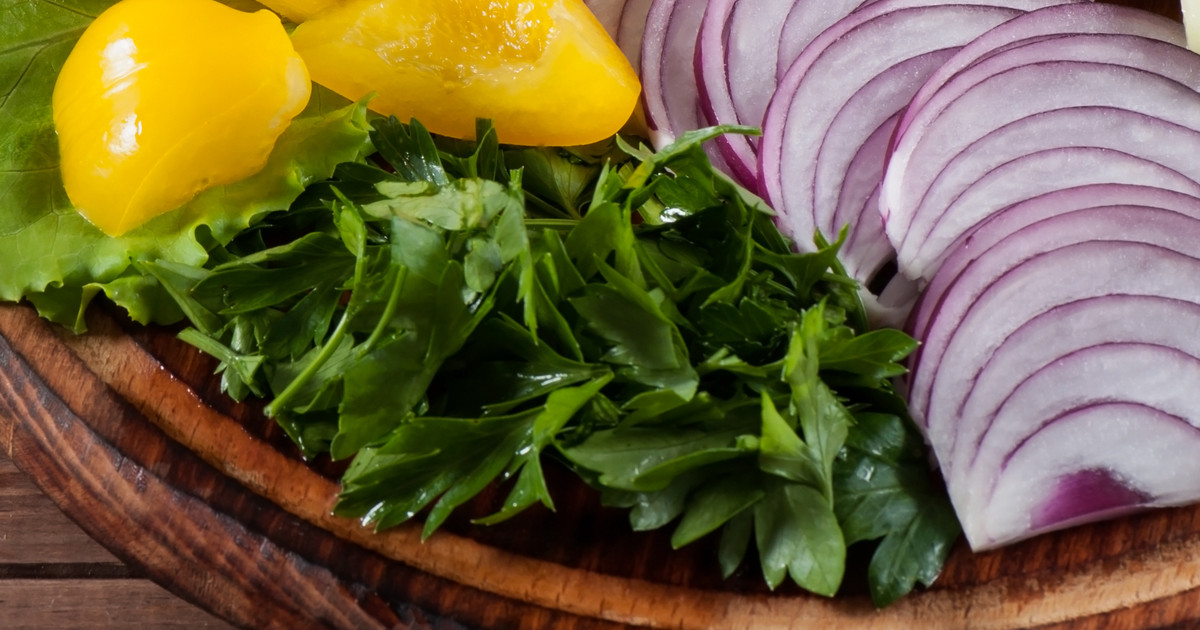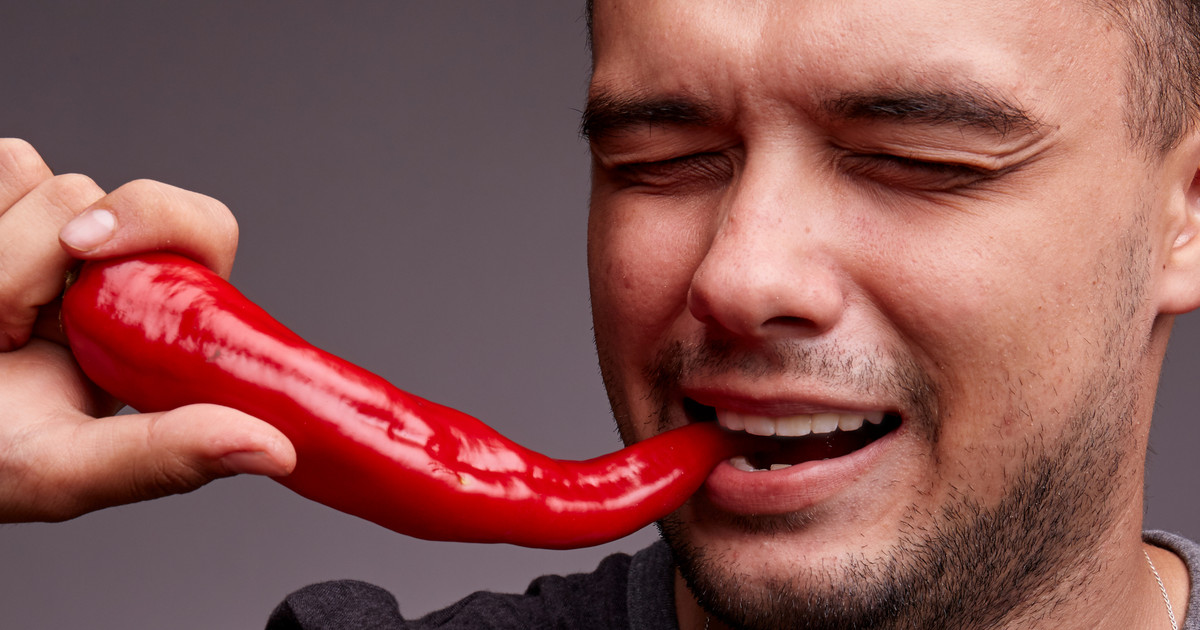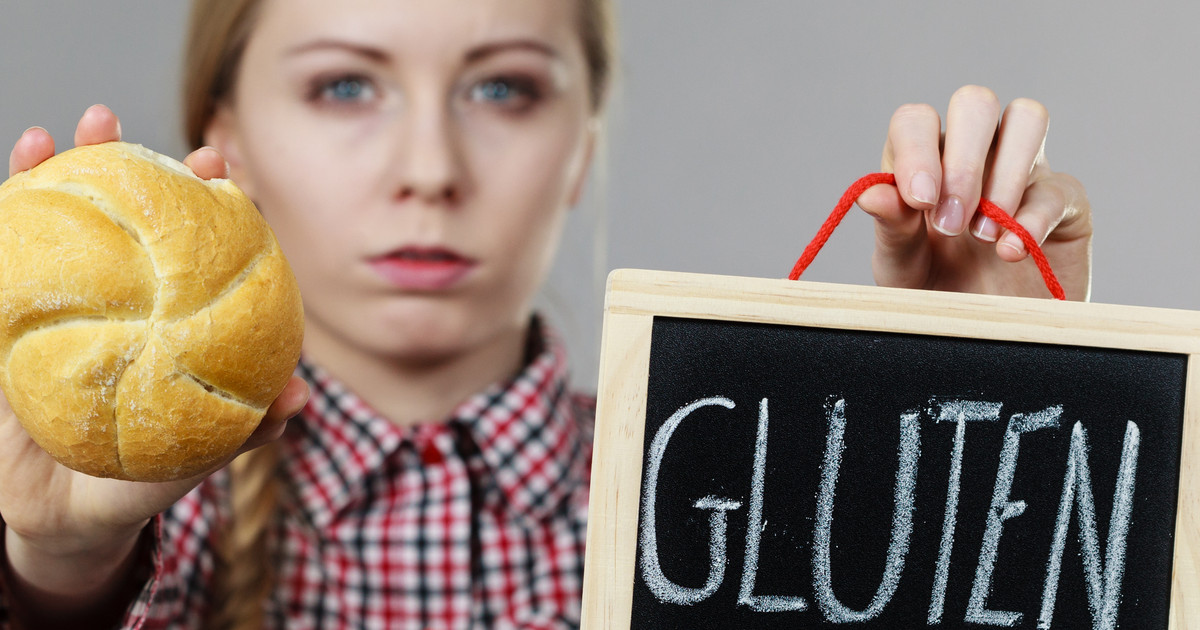Foods To Avoid With IBS
Irritable bowel syndrome is an extremely uncomfortable condition that affects an individual’s digestive system, particularly the large intestine. Symptoms include bloating, increased gas, diarrhea, constipation, and pain in the abdomen. These warning signs often occur without any visible damage to the digestive tract. Women under 50 years old and individuals with anxiety or depression appear to the ones who are most at risk of this condition, though anyone can develop it.
Many patients will try IBS medication, often switching between several varieties until they find the right one. Individuals who also deal with anxiety or depression will often require anti-anxiety medication for IBS as well. Other treatment components involve more natural remedies for irritable bowel syndrome, including psyllium husk pills and other fiber supplements. However, diet is a major part of this condition. By not making the right choices, patients can dramatically worsen their symptoms.
Raw Vegetables
Everyone needs to eat vegetables if they want to get the nutrients they need for a healthy body. However, vegetables often provide a serious point of concern for patients who suffer from irritable bowel syndrome. Raw vegetables have been known to aggravate IBS symptoms. This means patients will experience more bloating, abdominal pain, diarrhea, and constipation. This is because raw vegetables are harder to digest, and IBS patients already have a compromised digestive system.
Particularly harmful raw vegetables for IBS patients are those often found in salads, including onions, snow peas, celery, and mushrooms. The intestines absorb these vegetables poorly, and they are serious triggers for IBS patients. Thus, individuals with irritable bowel syndrome should avoid eating raw vegetables. Any vegetables they do want to consume should be well-cooked so they are easier to digest.
Get the details on why spicy foods can cause problems for patients with this condition next.

Spicy Foods
Spicy foods are quite harsh on the digestive system. Healthy individuals can tolerate the extra strain fairly well, but this is not the case for patients with irritable bowel syndrome. Capsaicin, which is often found in spicy foods, often burns and otherwise irritates the stomach and intestinal linings. This damage is particularly irritating for IBS patients.
Although some spices may not trigger symptoms, individuals with this condition should take note of what spices cause them irritation so they can avoid them whenever possible. It is also safer to avoid foods that would qualify as ‘hot’ and go with ‘mild’ instead. This is because, even with work, it can be difficult to know how much spice is tolerable.
Discover what cooking strategy can ruin most foods for IBS patients next.

Fried Foods
The issue with fried food has to do with the fat content and chemical composition of the food in question. Fatty foods are quite difficult for the body to digest, and this is not helpful at all for patients with irritable bowel syndrome. Frying food also alters its chemical composition and increases how hard it is for the body to digest. Additionally, most individuals who fry their food, including fast-food restaurants, use a high amount of oil, which increases the fat content in these foods. This is certainly true for spicy fried foods, which combine all of the issues discussed so far. Avoid them at all costs.
Reveal more information about ingredients in food that can worsen IBS symptoms now.

Be Careful Around Gluten
The majority of individuals who suffer from irritable bowel syndrome also often deal with some gluten intolerance. Gluten is a nutrient found in grains, including wheat, rye, and barley. It is thus found in bread, pasta, and similar foods. It is also worth understanding that celiac disease, an autoimmune disorder, presents with symptoms similar to IBS. This reaction occurs when patients consume gluten, causing their immune system to attack healthy tissues and damage their intestines. IBS patients who are concerned about the effect of gluten on their digestive system should reduce their consumption of foods that contain it. They may even want to avoid it entirely for a few weeks to see how it affects their symptoms.
Get the full details on why processed foods cause flare-ups of irritable bowel syndrome symptoms next.

Processed Food
Processed foods are considered the worst when it comes to dealing with irritable bowel syndrome. Of course, this is referring to packaged foods with lots of chemical preservatives and imbalanced nutrients. These preservatives make it harder for the intestines to absorb. Additionally, added sugar and salt can be quite irritating to the intestines as well, resulting in a flare-up of irritable bowel syndrome symptoms.
Many processed foods also have a lot of fat in them and have been fried. As discussed, fried food and foods that are high in fat are harsh on the intestines and are hard to digest. When these elements are combined with highly processed foods, there is likely no way for irritable bowel syndrome patients to come out without irritations. They should, therefore, reduce their consumption of these as much as possible. This means avoiding packaged foods with long ingredient lists and cooking fresh food themselves when possible.
